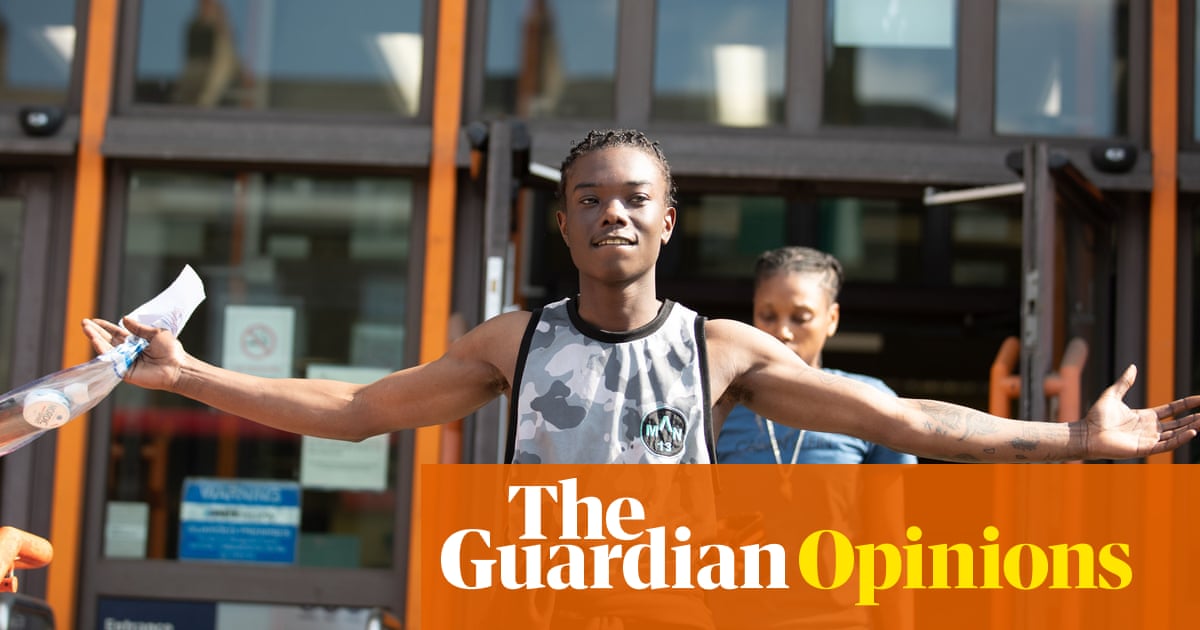
Next month, universal credit will be cut back by £20 to its pre-pandemic level. A policy that will – by the admission of the government’s own internal analysis – likely cause “catastrophic” suffering, pushing 800,000 people into poverty.
The cut has been described as unprecedented, but this is one more contraction in the decade-long shrinking of the British welfare state. The bedroom tax penalised social housing tenants for supposed “under-occupancy”, in practice docking housing benefit for some for the crime of needing space for oxygen cylinders. Child tax credit changes pulled help from some of the poorest children, with women who had been raped told to prove their abuse to earn their benefits. The cut to employment and support allowance took £30 a week from people too ill to work, targeting the “bloated benefit bill” of an ex-nurse with Parkinson’s disease.
Each policy was greeted with outrage at the time. Each went ahead anyway, and is still in force today. We do not need the universal credit cut to come into effect for children to go hungry due to the British state. This is already happening, and it has been happening for some time.
A new study by Action for Children makes this clear enough. The charity found that even if the uplift were kept, because of other social security changes over the past 10 years, these same families would still be struggling with an average loss of £750 a year.
The cut is not even the only social security squeeze right now. The 2 million people on “legacy benefits”, such as those too ill to work, were never eligible for the £20 uplift, despite often having even higher costs during the pandemic because many were shielding. Research by the Disability Benefits Consortium shows the brutal impact: a third of disabled claimants report they’re struggling to go to medical appointments because they can’t afford the bus fare or petrol.
This kind of normalised suffering is not a quirk of the system – it is the system. When Rishi Sunak claims the cut is a “reset” moment where the benefit aligns with pre-pandemic rates, it is really a promise to “reset” to a social security system that can leave people suicidal. It is worth considering what exactly it is about British politics that keeps allowing this to occur, if only because some uncomfortable reflection is our only hope of stopping it.
It’s in part down to the gulf between those who make policy and those who live with its effects. Just as Sunak is making this cut, it’s reported that the chancellor is building a swimming pool and tennis court for his own home. The ease with which ministers can pull £20 from the poorest is at least partly down to the fact they can never imagine a life where £20 matters. What’s the weekly shop to some is a glass of merlot to others. After Johnson’s reshuffle last week, 65% of the cabinet are private school alumni. It’s surely time to start working on representation that’s fitting for a modern democracy.
No minister could dismantle social security without the backing, and outright cheerleading, of the rightwing press. This relationship has long allowed the Conservatives to define the dominant narrative around benefits, carving out a world where the sick or low-paid could afford the bills if only they put the effort in. As my colleague Andy Beckett recently put it: Labour simply does not have as many storytellers on its side. The left can and should use the pandemic to tell its own story, one that takes an era in which more people than ever are experiencing the benefit system, and builds a collective sense of purpose.
A winter in which millions will suffer the universal credit cut just as energy prices rocket could be a turning point. But progress is an uphill battle. Early research shows as yet the coronavirus crisis has not created the hoped-for softening of attitudes towards social security: half of the public think coronavirus claimants are more likely to be “deserving” than pre-pandemic claimants.
In a strange way, the nature of the pandemic – shocking and unique – created a false idea that need was somehow temporary. And yet crises are ever present, even when they don’t make the headlines. People get sick. Employers go bust. Bills rise. These are ordinary parts of life, and ones that the social security system is made for.
For all the Westminster debate around universal credit, the explanation is really rather simple: any one of us could fall on hard times, and when we do, we deserve decent support. If we are to resist more cuts, and with it more suffering, it is a story we need to keep telling. It is a small country that sees its citizens already struggling and knowingly causes them more pain. Britain would do well to remember that when the next unexpected crisis comes.
Frances Ryan is a Guardian columnist and author of Crippled: Austerity and the Demonisation of Disabled People – now out on audiobook












